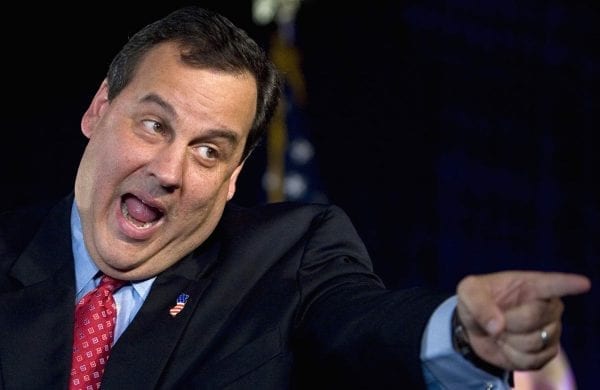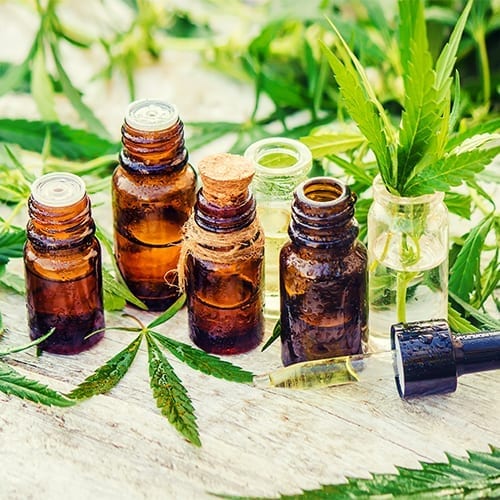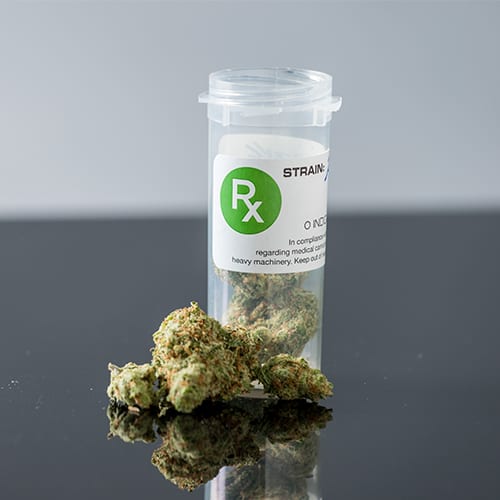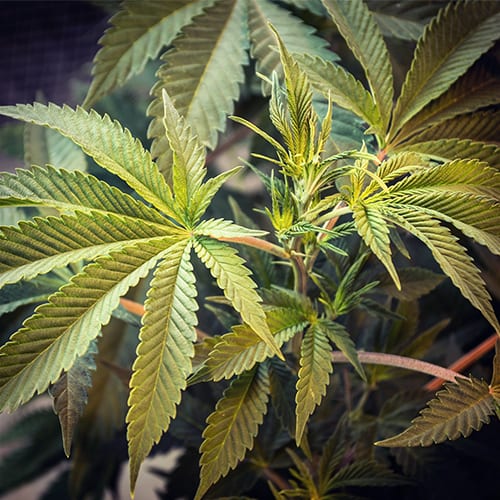
New Jersey Gov. Chris Christie (R) said on Monday that the war on drugs has been a “failure” — even though he has vowed to enact a federal crackdown on marijuana, a substance that has been a primary target of the drug war for decades.
“This is a disease and the war on drugs has been a failure — well-intentioned, but a failure,” Christie said at a presidential forum in New Hampshire on Monday. He went on to say that the country should “embrace” people who are addicted to drugs and alcohol, offering them a chance at rehabilitation rather than incarceration.
Christie’s remark about the war on drugs reflects the views of many lawmakers and drug policy reformers alike. But critics of the two-term governor and 2016 presidential hopeful say that his record of forceful anti-marijuana rhetoric suggests he may be missing the point.
“Governor Christie is right that the war on drugs is a failure,” Dan Riffle, director of federal policies for the Marijuana Policy Project, told The Huffington Post. “But what he apparently doesn’t realize is there are more arrests and prosecutions for marijuana than for any other drug. The war on drugs begins and ends with marijuana.”
Marijuana offenses account for roughly half of all drug-related offenses, and most of those are for simple possession. According to a recent report on marijuana arrests from the American Civil Liberties Union, of the more than 8 million marijuana arrests between 2001 and 2010, 88 percent were for just being in possession of the drug. The report also found significant racial disparities in the arrest patterns. While both black and white Americans use marijuana at about the same rates, blacks were nearly four times more likely than whites, on average, to be arrested for marijuana during the years examined.
In 2011, according to the FBI’s uniform crime report, there were more arrests in the U.S. for marijuana possession than for all violent crimes combined.
While the U.S. accounts for just 5 percent of the world’s population, it’s home to a full 25 percent of the world’s prisoners. The harsh sentences for nonviolent drug possession and distribution crimes are part of the reason that figure is so high. In 1980, there were roughly 40,000 drug offenders in U.S. prisons, according to research from the Sentencing Project, a prison sentencing reform group. By 2011, the number of drug offenders serving prison sentences had ballooned to more than 500,000 — most of whom were not high-level operators and did not have prior criminal records.
It’s hard to calculate the human toll of all those incarcerations, some of them years or decades long. But by some national estimates, it costs state and local governments between $10 billion and $20 billion a year just to maintain the prohibition on marijuana.
Christie, who is one of more than a dozen Republicans vying for the party’s presidential nomination, has made no secret of his opposition to cannabis. Although he said this week that he has “no problem” with medical marijuana when prescribed by a doctor, he has opposed even his own state’s limited medical marijuana program and has called similar laws in 22 other states a “front” for full recreational legalization. He has characterized taxes generated from the sale of marijuana as “blood money.” He threatened to veto a decriminalization measure in his home state. And earlier this year, in no uncertain terms, he said that if elected president, he would “crack down and not permit” recreational cannabis in states that have legalized it.
To date, four states and the District of Columbia have legalized marijuana for adult use — although D.C. still bans sales of the drug. As many as 10 more states are expected to consider legalization in the next several years.
But marijuana, be it medical or recreational, remains prohibited under federal law, and states rely on guidance from the Department of Justice urging federal prosecutors to refrain from targeting state-legal operations — something Christie evidently wants to reverse, at least when it comes to recreational legalization.
“Instead of embracing the ‘tough on drugs’ rhetoric that got us into the war on drugs, Christie needs to join with the majority of Americans who recognize that taxing and regulating marijuana is a smarter way to deal with marijuana,” Riffle said.
Indeed, as multiple recent polls have found, a majority of Americans do not support the kind of hard-line federal crackdown Christie favors. Some of those dissenters are in Christie’s own party. While most GOP voters still do not support marijuana legalization, a recent Pew survey found that 54 percent of Republicans believe individual states should be able to allow marijuana use without federal interference if they choose. And among younger Republicans, there is strong majority support for legalizing marijuana.
Source: Huffington Post (NY)





